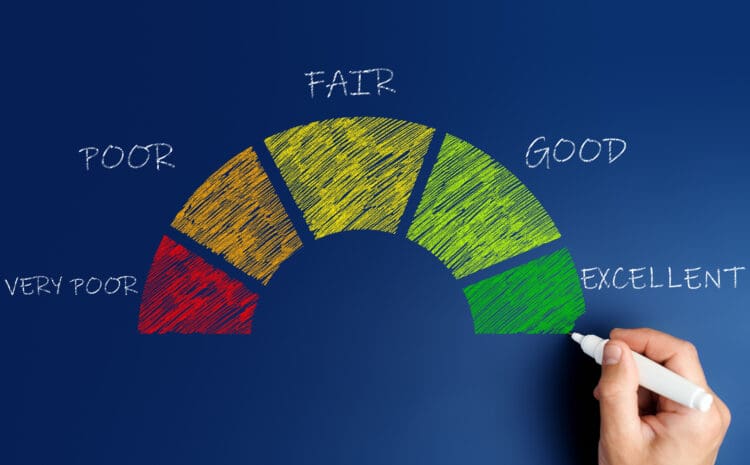
Tips to Improve Your Credit Score
Your credit score is a critical financial indicator that lenders use to assess your creditworthiness. A higher credit score can lead to better loan terms, lower interest rates, and improved financial opportunities. If you’re looking to raise your credit score, there are several steps you can take to build a strong credit history and improve your financial standing. In this article, we’ll explore some valuable tips to help you boost your credit score.
- Check Your Credit Report
Start by obtaining a free copy of your credit report from each of the three major credit bureaus (Equifax, Experian, and TransUnion). You’re entitled to one free report from each bureau annually. Review your reports for errors, inaccuracies, or fraudulent activity. Dispute any discrepancies you find with the credit bureaus to ensure your credit report reflects accurate information.
- Pay Bills on Time
One of the most significant factors affecting your credit score is your payment history. Consistently paying bills on time is crucial. Late payments can negatively impact your credit score and remain on your credit report for up to seven years. Set up reminders or automatic payments to avoid missing due dates.
- Reduce Credit Card Balances
High credit card balances relative to your credit limit can negatively affect your credit score. Aim to keep your credit card balances below 30% of your available credit limit. Reducing your credit card debt can have a positive impact on your credit utilization ratio and improve your credit score.
- Avoid Opening Too Many New Accounts
Opening multiple new credit accounts in a short period can lower your credit score. Each time you apply for credit, a hard inquiry is made on your credit report. Instead, focus on managing your existing accounts responsibly and only apply for new credit when necessary.
- Maintain a Mix of Credit Types
A diverse credit history that includes a mix of credit types, such as credit cards, installment loans, and mortgages, can positively influence your credit score. Having a well-rounded credit portfolio shows that you can manage different types of credit responsibly.
- Keep Old Accounts Open
The length of your credit history is another essential factor in determining your credit score. Closing old credit card accounts can shorten your credit history, potentially lowering your score. If you have old, unused accounts, consider keeping them open to maintain a longer credit history.
- Resolve Past Delinquencies
If you have accounts in collections or past delinquencies, work on resolving them. Contact creditors or collection agencies to negotiate payment arrangements or settlements. Once you’ve paid off these debts, ask for a goodwill adjustment to have the negative information removed from your credit report.
- Be Patient
Improving your credit score takes time. It’s essential to remain patient and consistent in your efforts. As you adopt responsible financial habits and manage your credit responsibly, you’ll see gradual improvements in your credit score over time.
Conclusion
Raising your credit score is a worthwhile financial goal that can lead to improved access to credit and better financial opportunities. By following these tips and adopting responsible financial habits, you can work toward building a strong credit history and achieving a higher credit score. Remember that improving your credit score is a gradual process, but with determination and discipline, you can enhance your financial well-being.